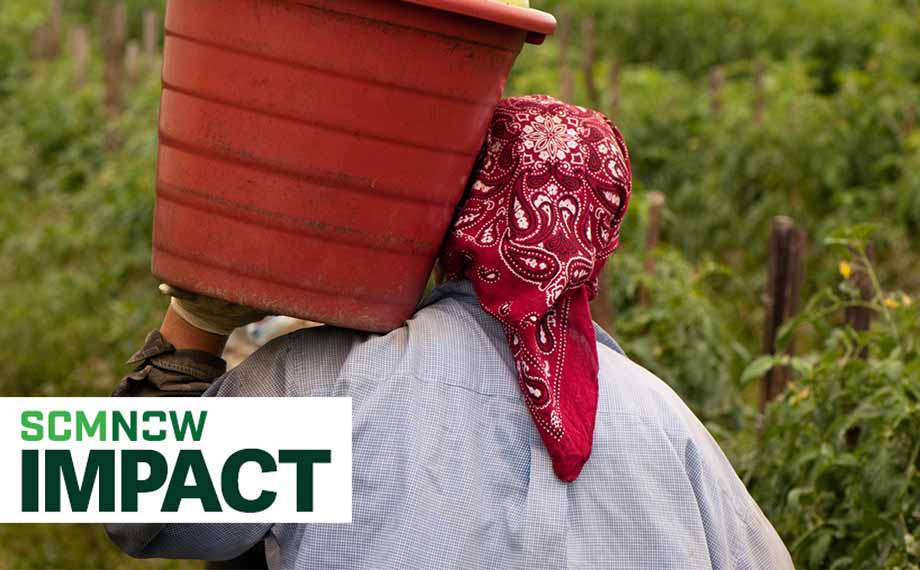In an ideal world, business leaders would have deep knowledge of every aspect of their supply chains — from where materials are first sourced to where waste is ultimately disposed. And they would unfailingly strive for ethical, sustainable practices. That effort would of course include the conditions of factories and the experiences of the employees who work there. Unfortunately, we don’t live in a perfect world, and this too often leads to devastating consequences.
To be clear, most organizations aren’t intentionally unethical; many executives have guidelines and inspections in place to investigate supply chain abuses, reports the New York Times. Factories pay social auditors to visit their facilities, during which time the observers evaluate corporate paperwork and interview workers and managers. They look for anything that might be amiss: unsanitary workstations, underpaid or underage employees, illegal chemicals, unsafe conditions, and the like. But the inspections are short-lived and, crucially, factory managers know in advance when the audits are happening, giving them the chance to “stage-manage the interviews,” the Times continues.
There are two circumstances working against these ostensibly good intentions: First, businesses seek to profit and serve their shareholders; in other words, finding ethical violations costs real money to clean up. Second, auditors are beholden to the companies that hire them. They’re not even allowed to publish their findings. What the Times story concludes, therefore, is that commercial entities can’t be trusted to regulate their own business systems.
It’s clear that improved cooperation is crucial for protecting workers, and that’s one goal of the recently announced U.S. Department of Commerce Indo-Pacific Economic Framework for Prosperity Agreement Relating to Supply Chain Resilience. Known as the IPEF Supply Chain Agreement, this project creates three monitoring bodies: the Supply Chain Council, the Crisis Response Network and the Labor Rights Advisory Board. Together, they will “facilitate closer cooperation” among the 14 IPEF partners countries: Australia, Brunei Darussalam, Fiji, India, Indonesia, Japan, the Republic of Korea, Malaysia, New Zealand, the Philippines, Singapore, Thailand, the United States, and Vietnam.
The aims of the Agreement are to strengthen the resilience and competitiveness of critical supply chains, better prepare for and respond to supply chain disruptions that pose a risk to economic prosperity, and strengthen labor rights and raise up workers across the regions. The Labor Rights Advisory Board, in particular, “brings together workers, employers and governments at the same table to strengthen labor rights and workforce development across regional supply chains. As this regulatory body matures, it should be a powerful tool in safeguarding workers worldwide by making labor abuses easier to find and eliminate.
Create visibility to build strength
It’s imperative that supply chain professionals make ethics a central piece of their operations. Take the next step today by reading two insightful articles from ASCM’s blog:
- 7 Strategies for Confronting Modern Slavery offers a clear, implementable, multi-faceted approach to ensuring fair labor practices in your networks.
- Corporate Social Responsibility: A Cornerstone of Modern Business uses real-world examples to highlight why social responsibility is essential to business success.
The expert opinions in these articles will help you learn more about why business leaders must make supply chain ethics a priority — and how to get started. Though government support is necessary and welcome, it’s up to our global supply chain profession to highlight and eradicate abuses within our own chains.
